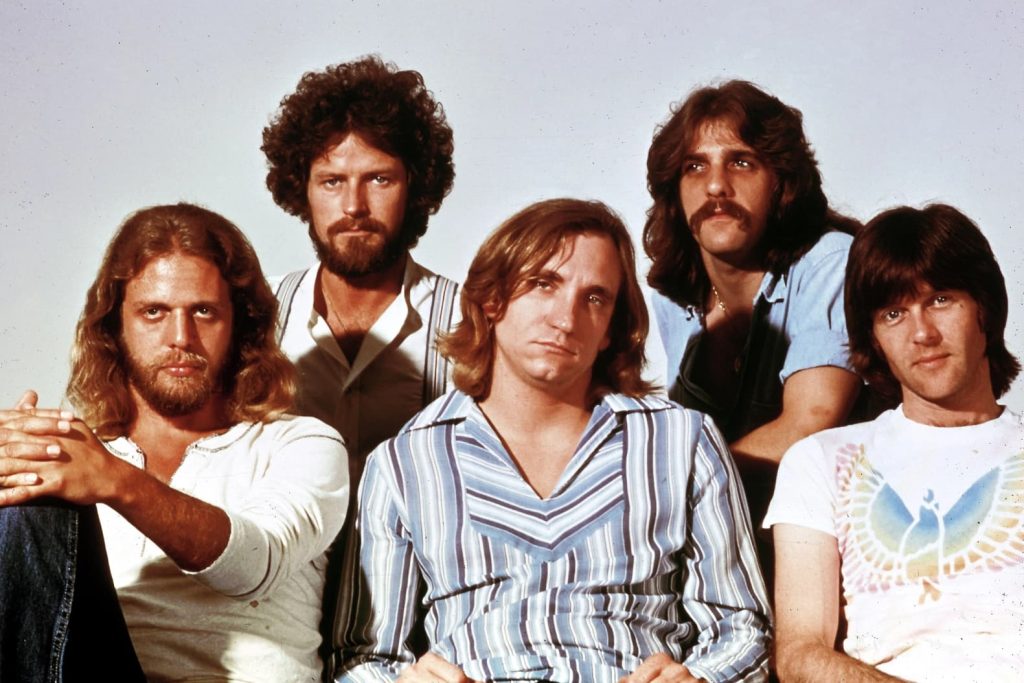
“The Last Resort” by the Eagles: A Melancholic Requiem for Paradise Lost
Released in the closing moments of 1976 as part of the iconic Hotel California album, “The Last Resort” by the Eagles stands out not just as a song but as a poignant environmental and sociopolitical statement. In the tapestry of rock music, few songs manage to encapsulate the devastating impact of human greed and environmental disregard with such profound eloquence and depth as this track does. The song premiered as the B-side of the “Life in the Fast Lane” single on May 3, 1977, and while it may not have soared at the top of the charts, its critical reception and enduring relevance paint a vivid picture of its impact.
Don Henley, one of the song’s primary architects alongside Glenn Frey, has often expressed a particular fondness for this piece. In a revealing 1978 interview with Rolling Stone, Henley explained that “The Last Resort” was a reflection of his deep environmental concerns, rather than the more typical rock themes of excess and romance. This environmental consciousness was not just a lyrical motif but a driving force behind Henley’s involvement in politics and advocacy, highlighting the destruction he saw as rampant against the natural world.
The composition of “The Last Resort” is a testament to Henley’s evolution as a lyricist. According to Glenn Frey, this was the first time Henley took it upon himself to craft what Frey would call “Henley’s opus”—an epic story encapsulated within a song. Recorded amidst the noise disturbances from Black Sabbath’s sessions nearby, the track required multiple takes to achieve the desired sound, a testament to the band’s dedication to perfection.
Critically, the song has been lauded and analyzed for its thematic depth and narrative quality. Music critic Dave Thompson drew comparisons to Joni Mitchell’s “Big Yellow Taxi,” yet noted “The Last Resort” carried a more weary and despairing tone. It’s a broad sketch of America’s pessimistic history and a critique of unchecked capitalism. James Perone noted the song’s effectiveness in tying together the themes of the entire Hotel California album, highlighting its critical take on American expansionism and the concept of manifest destiny.
Furthermore, the song’s arrangement, while criticized by some like James Perone for its synthetic strings which may detract from its authenticity, does not lose its poignant impact. The melody, paired with Henley’s resigned vocals, captures a somber reflection on the degradation of paradise—an Edenic landscape tarnished by human intervention.
In conclusion, “The Last Resort” is more than just a track on an album; it’s a narrative of caution, a lyrical plea for introspection about our roles in the environmental degradation of our planet. It’s a song that encapsulates the Eagles’ ability to transcend typical rock themes, offering instead a timeless reflection on human impacts and the fragility of natural beauty. As such, it remains a critical piece of the Eagles’ legacy and a poignant reminder of the costs of human greed and short-sightedness.